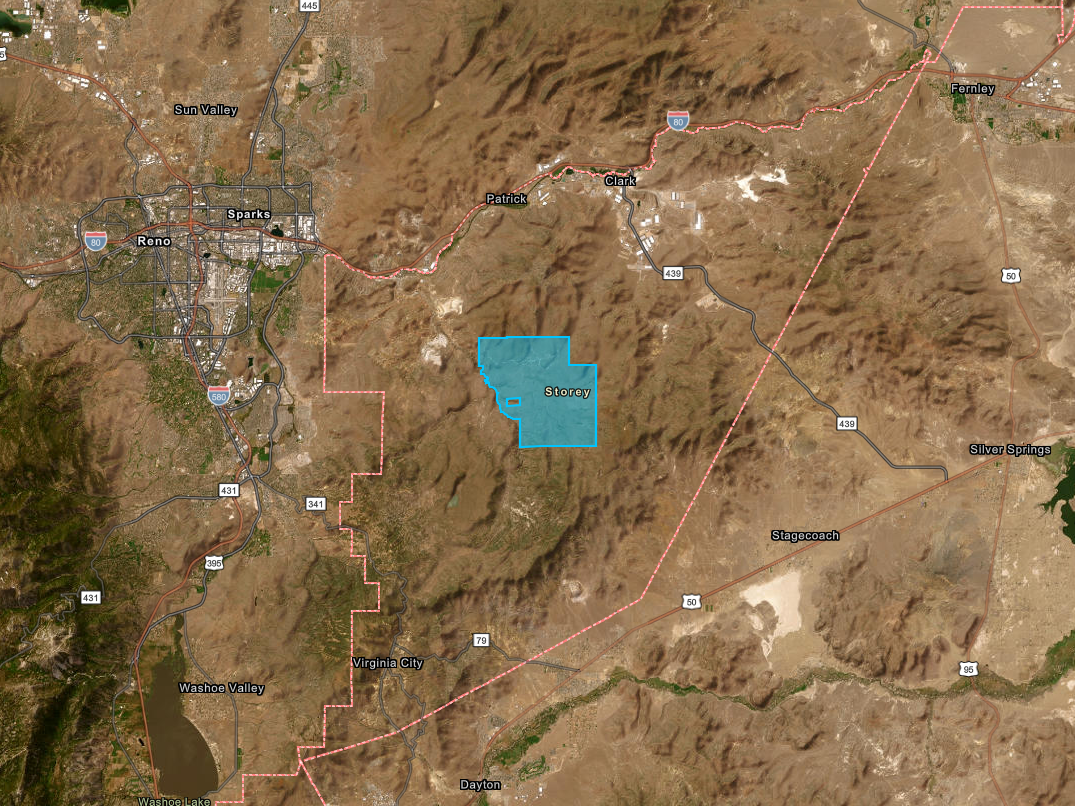Tract Eyes Massive Data Center Campus Near Phoenix
An imminent municipal approval could open the way for a 1,700-acre, $14 billion complex.

A few months after withdrawing its application for a $14 billion data center campus in Phoenix, Denver-based Tract returned to the metro with an ever larger project, according to the Phoenix Business Journal.
The developer plans a 1,700-acre data center campus in Phoenix’s West Valley, just south of Interstate 10.
City officials in Buckeye, Ariz., will vote today on the rezoning of a former master plan for a residential community called Cipriani. Approval would permit about 1,700 acres of phased data center development and “a mix of industrial uses” across a total of more than 2,000 acres in the Buckeye Tech Corridor.
READ ALSO: More Data Centers, Please!
As part of the deal, Tract would chip in $18.5 million for a future I-10 interchange at Johnson Road, a temporary public safety facility and other improvements.
Tract did not respond to Commercial Property Executive’s request for information. The firm’s initial project was for a data center campus to rise on 1,000 acres and span 5.6 million square feet across 30 buildings.
The limits of power
Tract is no stranger to sprawling data center campuses in dry climates. In February, the company announced that it had acquired an additional 517 acres within the Tahoe-Reno Industrial Center in Storey County, Nev. The company had previously acquired more than 2,200 acres inside TRIC, in two parcels.
Metro Phoenix ranks number four among the largest U.S. data center markets, those where “some of the deepest pipelines remain … with hyperscalers doubling down on cloud regions and laying the groundwork for AI integration with cloud services,” according to a report from Cushman & Wakefield.
Unfortunately, Phoenix is also among the growing number of data center hubs that are facing power generation constraint. Power issues notwithstanding, the region’s data center vacancy barely broke above the 2 percent mark.







You must be logged in to post a comment.